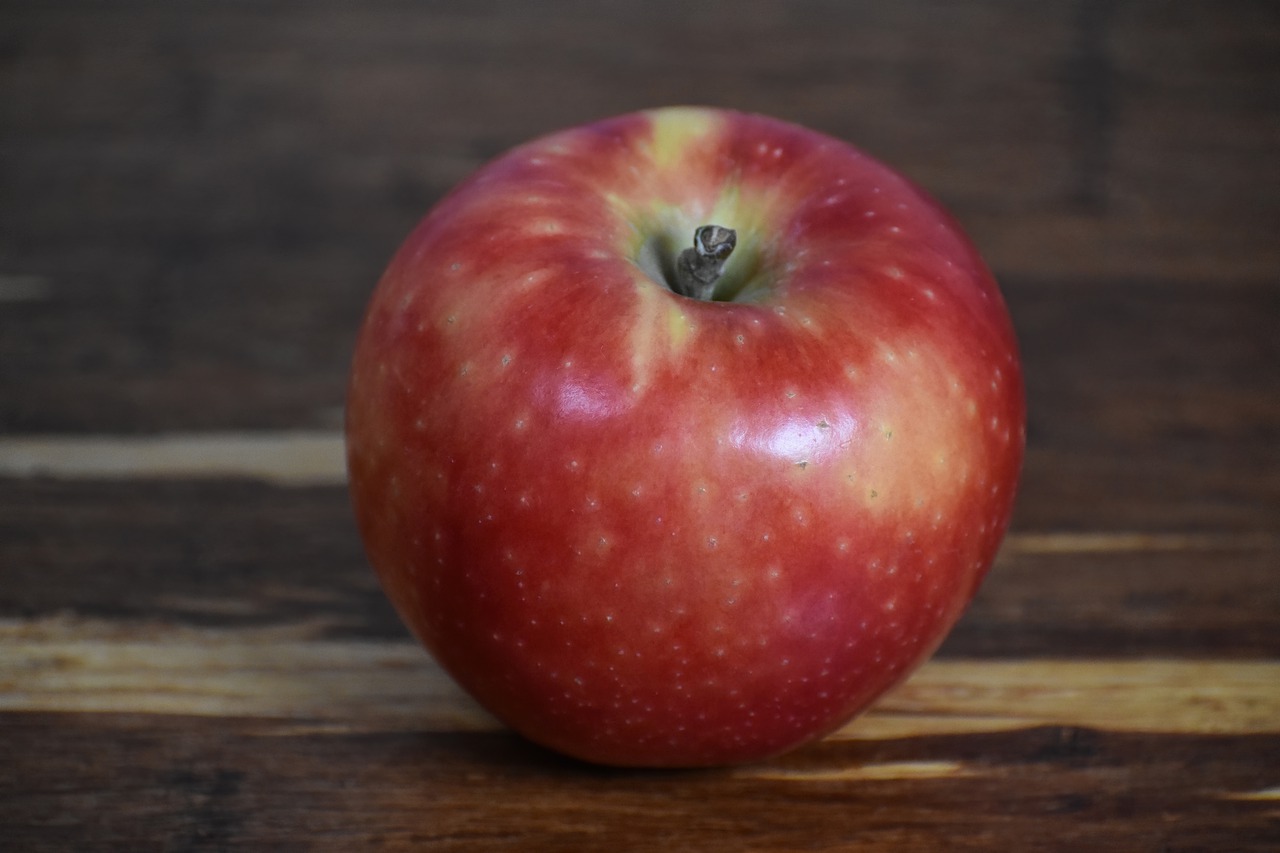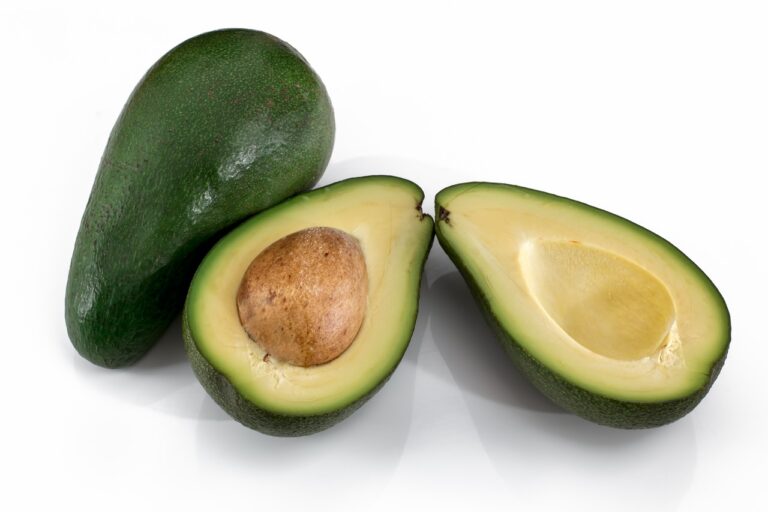The Impact of Coffee on Cultural Heritage Preservation
skyexch, world777, goldsbet login:Coffee is more than just a morning pick-me-up or a beloved beverage for many around the world. This ubiquitous drink holds significant cultural value and plays a crucial role in preserving heritage in various societies. From traditional coffee ceremonies in Ethiopia to the bustling coffeehouses of Europe, the impact of coffee on cultural heritage preservation is undeniable.
History of Coffee and Cultural Significance
The history of coffee dates back centuries and is intertwined with the cultural traditions of many countries. Legend has it that coffee was first discovered in Ethiopia by a goat herder named Kaldi, who noticed his goats became more energetic after eating berries from a certain tree. The discovery of coffee quickly spread across the Arabian Peninsula, where it became an integral part of social and cultural life.
In countries like Ethiopia, coffee is more than just a beverage it is a symbol of hospitality and community. The traditional coffee ceremony, known as the “jebena buna,” is a ritualistic event that brings people together to share stories, build relationships, and strengthen bonds. This ceremony is a vital part of Ethiopian cultural heritage and has been passed down through generations.
Impact of Coffee on Cultural Heritage Preservation
One of the ways coffee contributes to cultural heritage preservation is through its cultivation and production practices. In many coffee-growing regions, farmers use traditional methods that have been passed down for centuries. These practices not only help preserve the authenticity of the coffee but also protect the cultural heritage of the communities that produce it.
Additionally, coffee plays a significant role in the preservation of historical spaces and buildings. In cities like Vienna, Paris, and Istanbul, coffeehouses have been cultural institutions for centuries. These establishments are not just places to drink coffee but also hubs of intellectual, artistic, and political discourse. By preserving these coffeehouses, society can safeguard the historical and cultural significance of these spaces.
Furthermore, coffee contributes to the preservation of traditional crafts and art forms. In countries like Colombia and Guatemala, artisans create intricate designs on traditional coffee pots and cups, showcasing the rich cultural heritage of these regions. By supporting these artisans and their craft, coffee helps ensure that these traditions continue to thrive for future generations.
The global coffee industry also plays a crucial role in cultural heritage preservation through initiatives that support smallholder farmers and indigenous communities. Organizations like Fair Trade and Rainforest Alliance work to ensure that coffee growers receive fair wages, protect the environment, and uphold cultural traditions. By supporting these initiatives, coffee drinkers can contribute to the preservation of cultural heritage in coffee-producing regions.
Challenges and Opportunities
Despite its positive impact on cultural heritage preservation, the coffee industry faces challenges that threaten these traditions. Climate change, economic instability, and shifting consumer preferences all pose risks to the cultural heritage associated with coffee. It is essential for stakeholders in the coffee industry to address these challenges and work together to safeguard cultural traditions and practices.
There are also opportunities for the coffee industry to further support cultural heritage preservation. By investing in sustainable practices, supporting local communities, and preserving traditional crafts, coffee companies can help protect the cultural heritage of coffee-producing regions. Collaborating with local governments, NGOs, and cultural institutions can also help ensure the long-term preservation of cultural traditions associated with coffee.
In conclusion, coffee plays a significant role in cultural heritage preservation around the world. From traditional ceremonies to historical coffeehouses, the impact of coffee on cultural traditions is profound. By supporting sustainable practices, investing in local communities, and preserving traditional crafts, the coffee industry can continue to protect and promote cultural heritage for future generations.
FAQs
Q: How does coffee contribute to cultural heritage preservation?
A: Coffee contributes to cultural heritage preservation through its cultivation practices, historical significance, and support for traditional crafts and art forms.
Q: What are some challenges facing the coffee industry in preserving cultural heritage?
A: Challenges facing the coffee industry include climate change, economic instability, and shifting consumer preferences, all of which pose risks to the preservation of cultural traditions associated with coffee.
Q: How can individuals support cultural heritage preservation in the coffee industry?
A: Individuals can support cultural heritage preservation in the coffee industry by choosing Fair Trade and Rainforest Alliance certified coffees, investing in sustainable practices, and supporting local artisans and communities.







